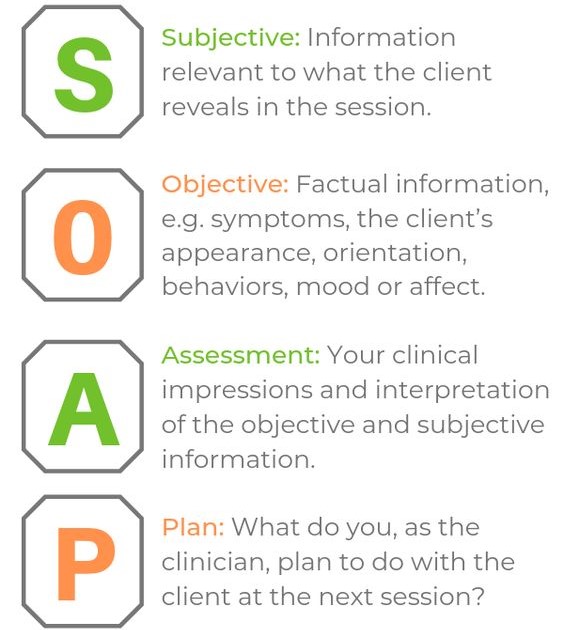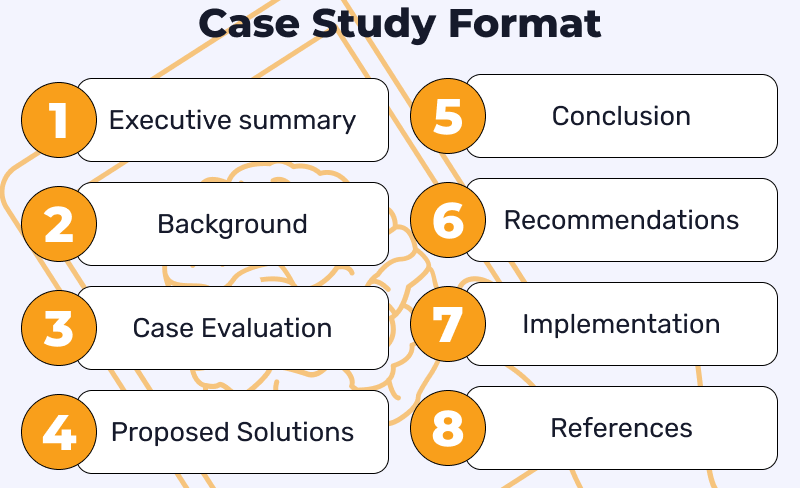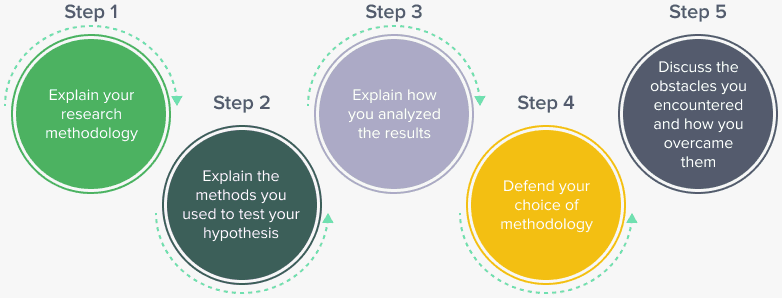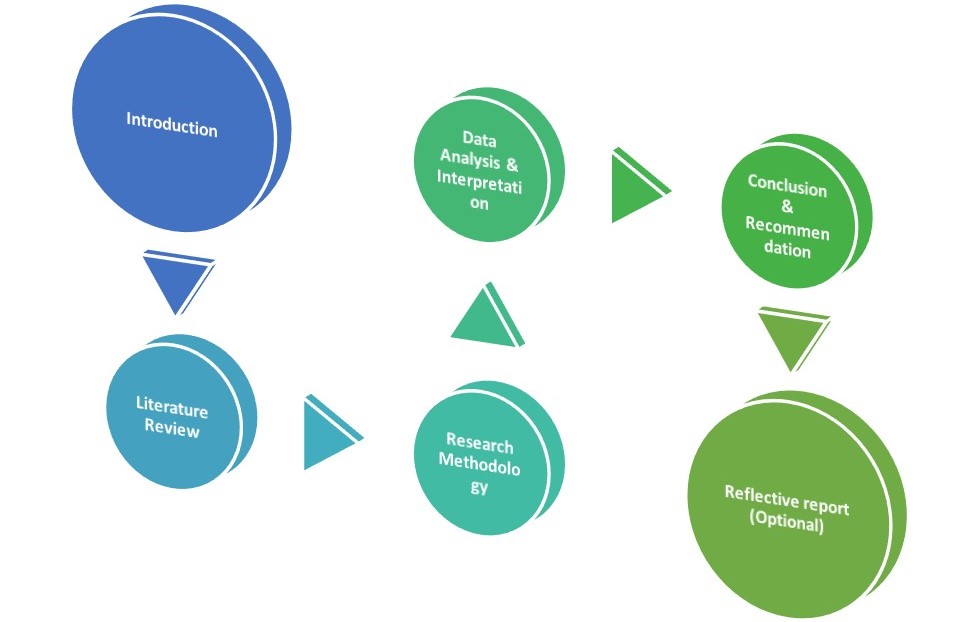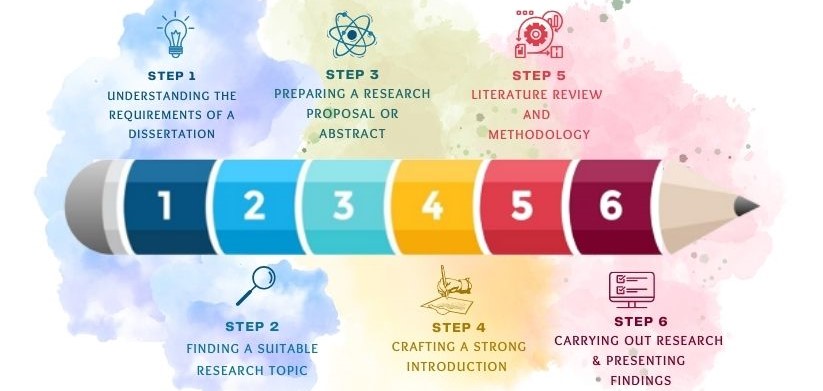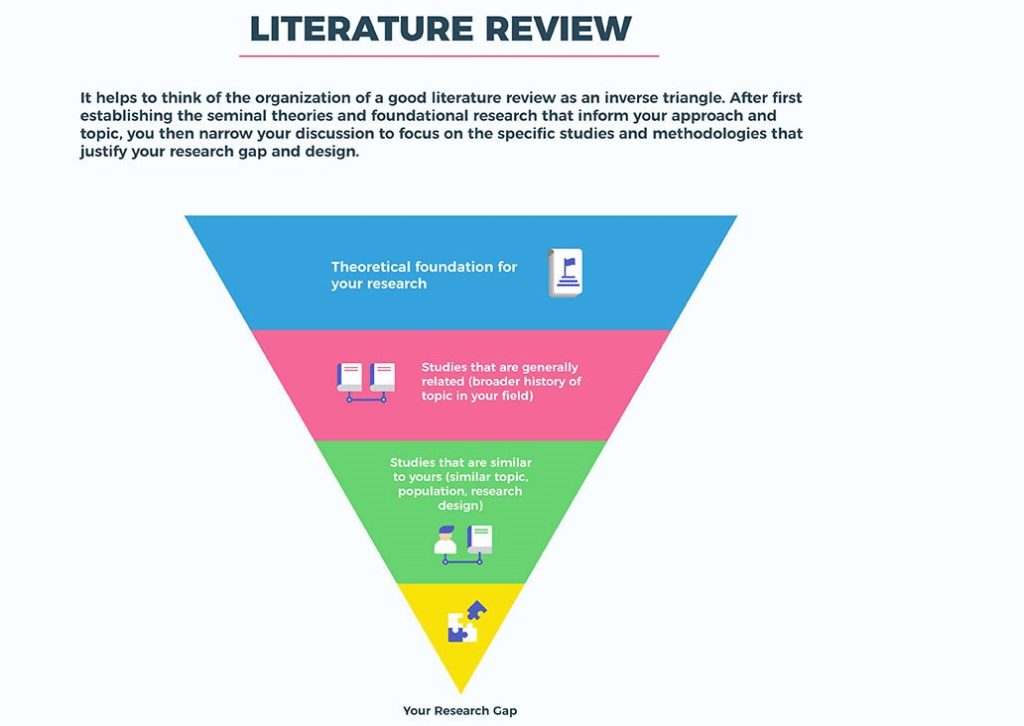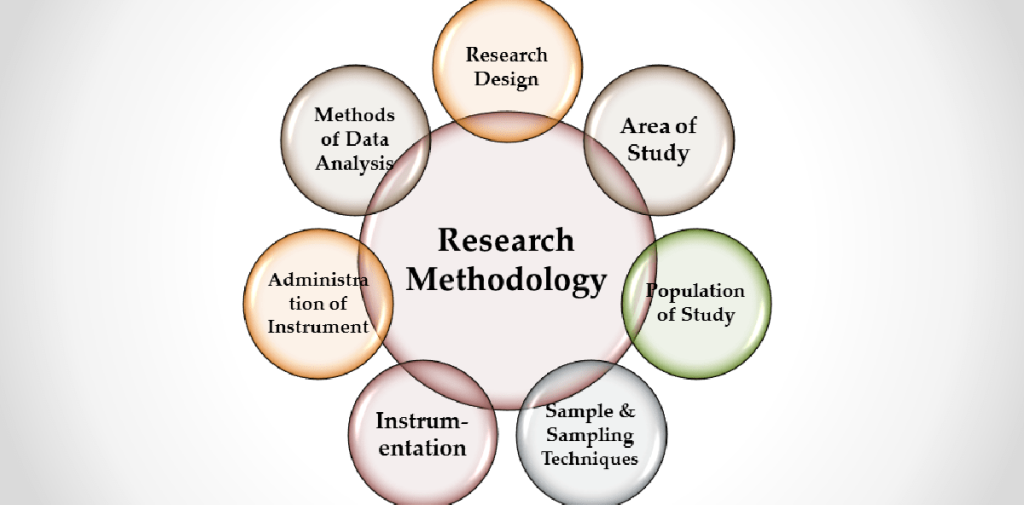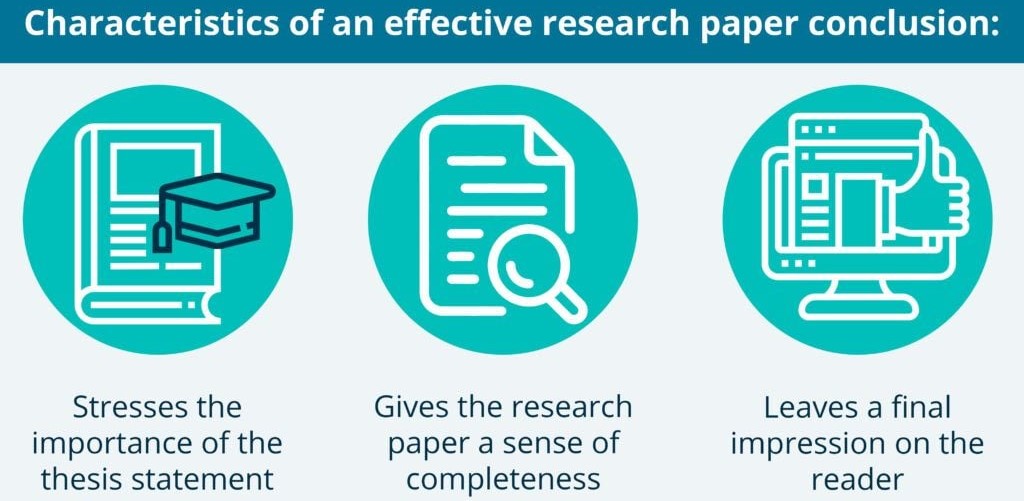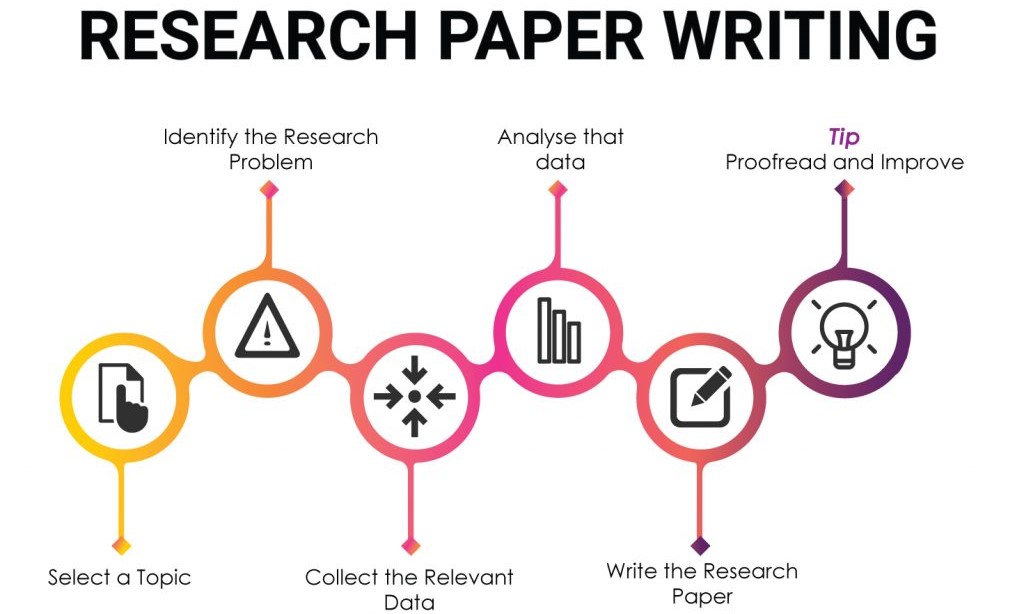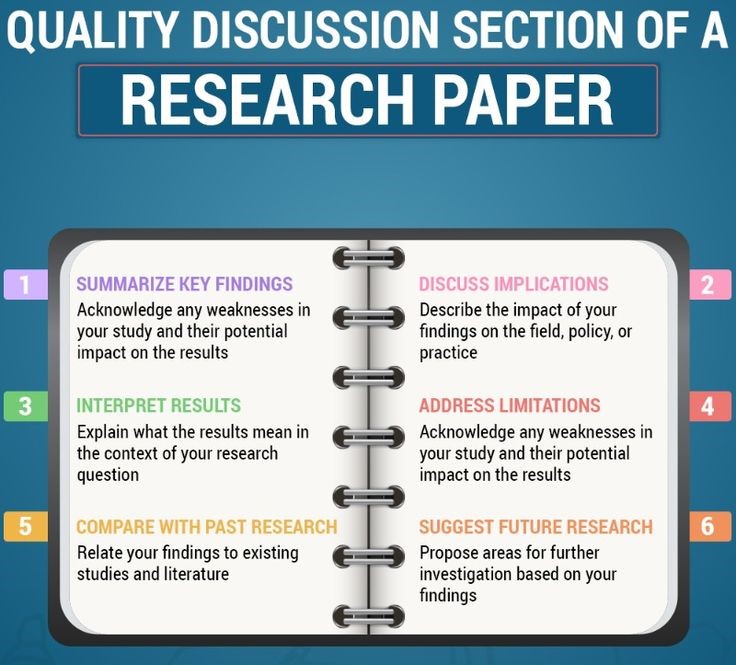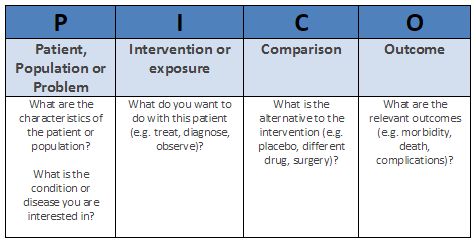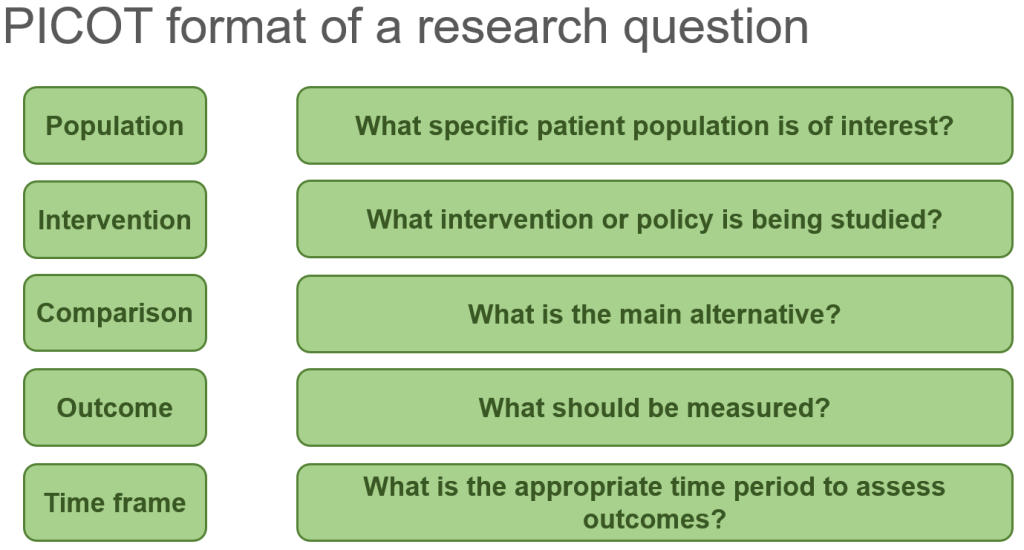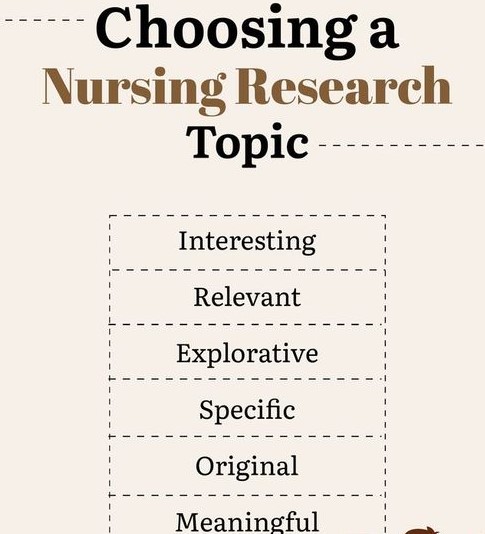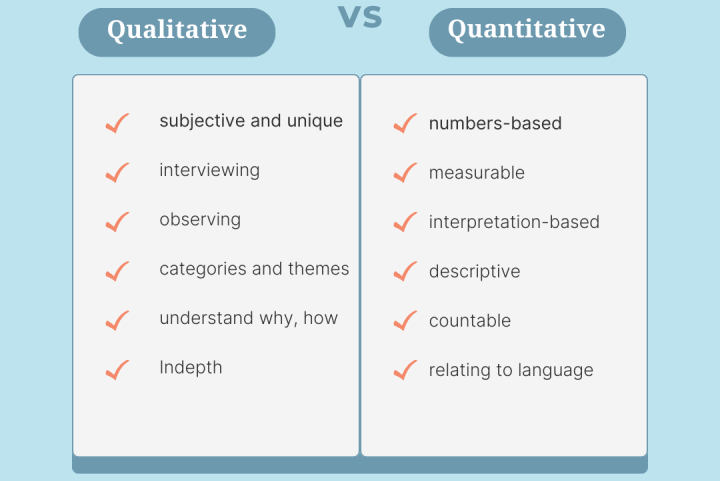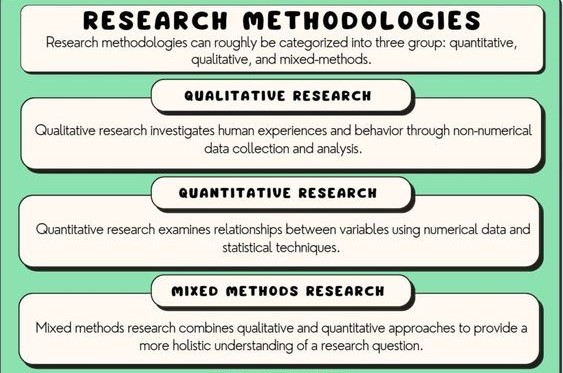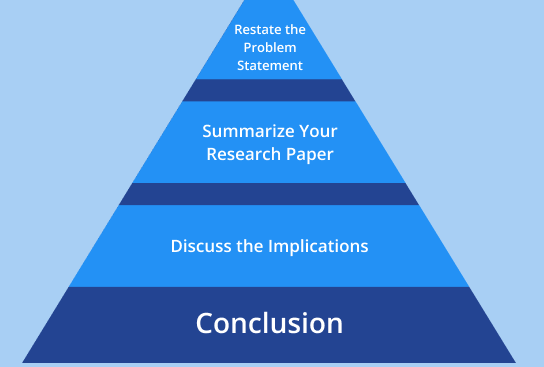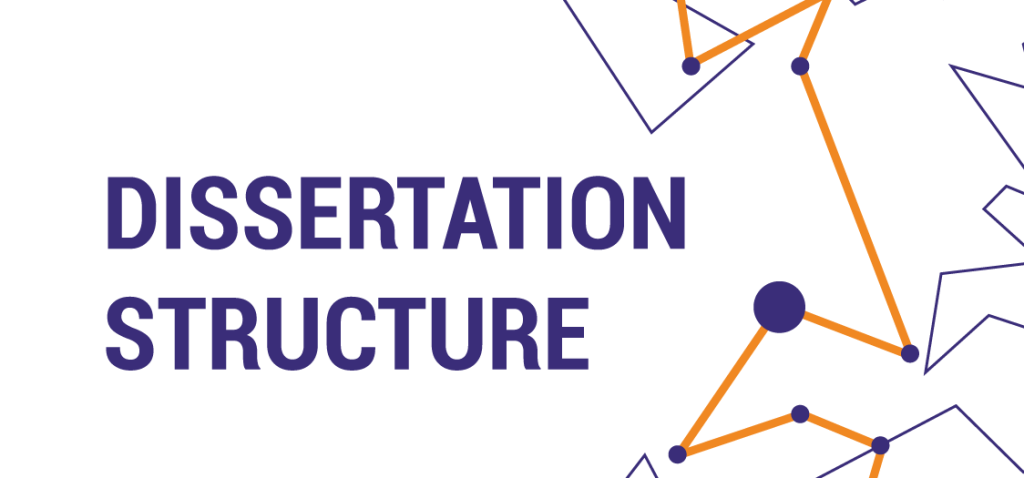
Table of Contents
The nursing dissertation is a culmination of a student’s academic journey, demanding a rigorous understanding of research methodology, critical thinking, and effective communication. Nursing dissertation structure writing lays out the foundation for clear and compelling arguments, showcasing the student’s mastery of the chosen topic.
This guide will delve into the intricacies of nursing dissertation structure writing, providing a comprehensive framework to navigate this challenging yet rewarding academic endeavor.
What is the Essence of Nursing Dissertation Structure Writing?
The essence of nursing dissertation structure writing lies in crafting a clear, concise, and compelling argument that addresses a specific research question or problem within the nursing field. Nursing dissertation structure writing is a meticulous process of organizing your research, findings, and insights in a logical and coherent manner, ensuring that your readers can easily follow your line of reasoning.
Nursing dissertation structure writing requires a deep understanding of the chosen topic and the ability to synthesize and analyze relevant literature, data, and theories. Nursing dissertation structure writing involves mastering the art of effectively communicating your findings and their implications for nursing practice, education, and research.
A well-structured nursing dissertation provides a roadmap for your research journey, guiding your readers through each stage of your investigation. Nursing dissertation structure writing begins with a clear introduction that establishes the context of your research, outlines your research question or hypothesis, and provides an overview of your approach.
The subsequent chapters delve into the theoretical framework, methodology, findings, and discussion, culminating in a conclusion that summarizes your key contributions and highlights the significance of your research. Nursing dissertation structure writing is crucial for effectively disseminating your knowledge and ensuring that your work makes a meaningful impact on the nursing profession.
Understanding the Dissertation’s Purpose and Scope
Before embarking on the arduous task of nursing dissertation structure writing, it’s crucial to understand the dissertation’s purpose. It’s not merely a lengthy research paper; it’s a scholarly exploration of a specific nursing problem or phenomenon. The dissertation aims to:
- Identify a research gap: Explore an area of nursing practice where knowledge is limited or conflicting.
- Develop a hypothesis or research question: Formulate a testable statement guiding the investigation.
- Collect and analyze data: Employ appropriate research methods to gather relevant information.
- Interpret and discuss findings: Draw meaningful conclusions and explain their implications for nursing practice.
- Contribute to the body of knowledge: Advance the understanding of the chosen topic and contribute to the field of nursing.
Defining the Dissertation’s Structure
The foundation of a successful nursing dissertation structure writing lies in a clear and coherent organization. A typical dissertation comprises five main sections. The following are the main sections to focus on during nursing dissertation structure writing.
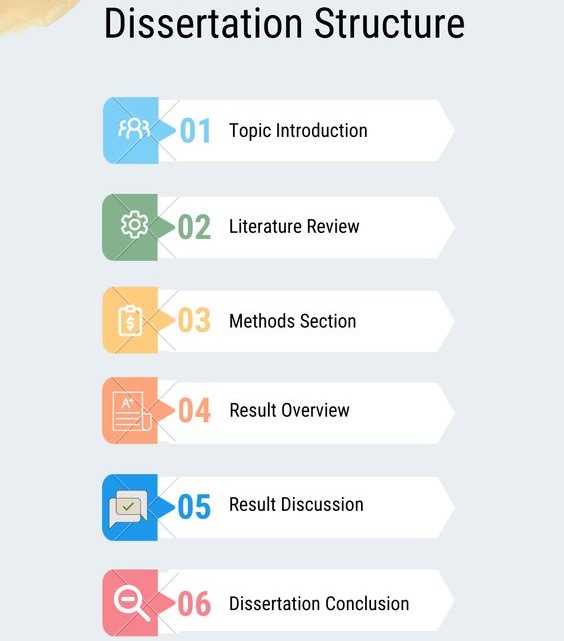
1. Title Page:
- Includes the dissertation title, author’s name, degree program, institution, and date of submission.
- Ensures a concise and descriptive title that accurately reflects the dissertation’s focus.
2. Abstract:
- Provides a brief overview of the dissertation’s purpose, methodology, findings, and conclusions.
- Typically limited to 250-300 words, summarizing the key elements of the research.
3. Table of Contents:
- Offers a roadmap of the dissertation, listing the chapter titles and their corresponding page numbers.
- Enables readers to easily navigate the different sections of the dissertation.
4. List of Tables and Figures:
- Presents a comprehensive list of all tables and figures included in the dissertation.
- Provides readers with a quick reference for locating specific data or illustrations.
5. Chapters:
a. Introduction:
- Sets the stage for the dissertation by introducing the research topic, its significance, and the research question.
- Provides a brief overview of relevant literature and identifies the research gap.
- States the dissertation’s aims and objectives, outlining the specific goals of the research.
- Explains the methodology and research design employed in the study.
b. Literature Review:
- Provides a comprehensive and critical analysis of existing literature related to the research topic.
- Reviews relevant theoretical frameworks, empirical studies, and other scholarly sources.
- Identifies key findings, contradictions, and gaps in the existing literature.
- Explains how the dissertation contributes to the current body of knowledge.
c. Methodology:
- Describes in detail the research methods used to gather and analyze data.
- Provides a rationale for the chosen methodology and explains its suitability for the research question.
- Includes information on participants, data collection methods, data analysis techniques, and ethical considerations.
d. Results:
- Presents the findings of the research, using tables, figures, and textual descriptions.
- Organizes the findings according to the research questions or hypotheses.
- Avoids interpretation or discussion of the results in this section.
e. Discussion:
- Interprets the findings in relation to the research question and the existing literature.
- Discusses the implications of the results for nursing practice, policy, and further research.
- Addresses any limitations of the study and suggests areas for future research.
f. Conclusion:
- Summarizes the key findings of the dissertation and reiterates their significance.
- Restates the contribution of the research to the body of knowledge.
- Concludes by providing a final thought or reflection on the research topic.
g. References:
- Provides a complete list of all sources cited in the dissertation, adhering to a specific citation style (e.g., APA).
h. Appendices:
- Include supplementary information not directly presented in the main body of the dissertation.
- May contain raw data, questionnaires, interview transcripts, or other relevant materials.
Key Elements of Effective Nursing Dissertation Structure Writing
Beyond the basic structure, effective nursing dissertation structure writing demands a careful consideration of specific elements:
1. Logical Flow and Coherence:
- Each chapter should logically flow into the next, creating a seamless narrative.
- Transitional phrases and connecting sentences should be used to establish a clear connection between different sections.
- Avoid abrupt shifts in topic or style, ensuring a cohesive reading experience.
2. Clarity and Conciseness:
- Use clear and concise language, avoiding jargon or overly technical terms.
- Ensure that each sentence and paragraph is well-structured and easy to understand.
- Be direct in your writing style, presenting your ideas clearly and efficiently.
3. Evidence-Based Arguments:
- Support all claims with credible evidence from scholarly sources and your own research.
- Employ appropriate citations to give credit to authors and avoid plagiarism.
- Integrate evidence seamlessly into the text, weaving it into your arguments rather than simply listing it.
4. Critical Analysis and Interpretation:
- Don’t simply report findings; analyze their significance and implications.
- Offer your own interpretation of the results, drawing meaningful conclusions from the data.
- Engage in critical thinking, exploring alternative explanations and challenging existing assumptions.
5. Ethical Considerations:
- Ensure that the research adheres to ethical guidelines for human research.
- Obtain informed consent from participants, protect their privacy, and maintain confidentiality.
- Address any potential ethical concerns or conflicts of interest.

The Importance of Planning and Drafting
Effective nursing dissertation structure writing involves a strategic approach to planning and drafting: Follow these steps for proper nursing dissertation structure writing.
1. Develop a Detailed Outline:
- Create a detailed outline that breaks down each chapter into smaller sections.
- Use headings, subheadings, and bullet points to organize your thoughts and ideas.
- The outline serves as a roadmap for writing, ensuring a logical and coherent structure.
2. Gather and Review Literature:
- Conduct a thorough literature review, identifying relevant sources and synthesizing their findings.
- Use a reference management tool to track and organize your sources.
- Analyze the literature critically, identifying gaps, contradictions, and areas for further research.
3. Draft Chapters Sequentially:
- Write chapters in a sequential order, starting with the introduction and ending with the conclusion.
- This approach ensures a logical flow of ideas and helps you build upon previous chapters.
- Focus on one chapter at a time, avoiding distractions from other sections.
4. Revise and Edit Thoroughly:
- Once you’ve completed the draft, revise and edit the dissertation thoroughly.
- Check for clarity, coherence, conciseness, and grammar errors.
- Seek feedback from peers, mentors, or professors to identify areas for improvement.
Tips for Successful Nursing Dissertation Structure Writing
1. Start Early and Stay Organized:
- Begin planning and writing your dissertation well in advance of the deadline.
- Set realistic goals and milestones, breaking down the writing process into manageable tasks.
- Keep track of your progress and deadlines, ensuring that you stay on schedule.
2. Find a Supportive Environment:
- Surround yourself with a supportive network of peers, mentors, and professors.
- Seek guidance and feedback from those who understand the challenges of nursing dissertation structure writing.
- Join a writing group or attend workshops to enhance your writing skills.
3. Prioritize Self-Care:
- Take regular breaks to avoid burnout and maintain focus.
- Engage in activities that promote physical and mental well-being.
- Remember that writing a dissertation is a marathon, not a sprint; pace yourself and prioritize your health.
4. Embrace the Writing Process:
- View the writing process as a journey of discovery and learning.
- Embrace the challenges and setbacks, using them as opportunities for growth.
- Remember that writing a dissertation is a significant accomplishment, regardless of the outcome.
Common Mistakes to Avoid in Nursing Dissertation Structure Writing
While nursing dissertation structure writing ensures a framework for organization and clarity, certain mistakes can undermine its effectiveness and impact. The following are the most common pitfalls to avoid in nursing dissertation structure writing.
1. Lack of Clarity and Focus:
- Vague research question: A poorly defined research question leads to a dissertation that lacks direction and focus. Ensure your research question is specific, measurable, achievable, relevant, and time-bound (SMART).
- Unclear thesis statement: The thesis statement should encapsulate the central argument of your dissertation. Avoid ambiguous or overly broad statements that fail to guide the reader through your analysis.
- Lack of logical flow: A disjointed structure with abrupt transitions or unrelated sections hinders comprehension and weakens your argument. Ensure each chapter flows logically into the next, building on previous points.
2. Inadequate Literature Review:
- Insufficient scope: A narrow literature review limits the breadth of your research and fails to acknowledge relevant perspectives. Ensure you comprehensively survey the existing literature on your topic.
- Superficial analysis: Simply summarizing existing studies without critically analyzing them diminishes the value of your review. Analyze each source, highlighting its strengths and weaknesses, and relate it to your research question.
- Ignoring contradicting evidence: Presenting only supporting evidence creates a biased view. Acknowledge opposing viewpoints and address them with counterarguments or explanations.
3. Methodological Flaws:
- Inappropriate research design: Choosing a research design that doesn’t align with your research question can compromise the validity of your findings. Select a method that effectively addresses your objectives.
- Insufficient sample size: A small sample size may not be representative of the population you’re studying, leading to inaccurate conclusions. Ensure your sample size is adequate to draw meaningful generalizations.
- Unreliable data collection: Employing flawed data collection methods introduces bias and affects the trustworthiness of your findings. Use validated instruments and rigorous techniques for data gathering.
4. Weak Analysis and Interpretation:
- Descriptive findings only: Simply presenting your data without analyzing its implications leaves the reader with unanswered questions. Go beyond data description to interpret the significance of your findings.
- Over-generalizing: Drawing sweeping conclusions based on limited data risks invalidating your research. Limit your interpretations to the specific population and context studied.
- Ignoring limitations: Every research study has limitations. Acknowledging and addressing these limitations demonstrates intellectual honesty and strengthens your argument.
5. Insufficient Editing and Proofreading:
- Grammatical and stylistic errors: Poor grammar, spelling mistakes, and inconsistent writing style detract from the professionalism and credibility of your dissertation. Ensure thorough editing and proofreading before submission.
- Unclear formatting: Using inconsistent formatting, inconsistent citations, or poorly organized tables and figures hinders readability and clarity. Follow your institution’s guidelines for formatting and presentation.
6. Neglecting Ethical Considerations:
- Lack of informed consent: Obtaining informed consent from participants is crucial in research involving human subjects. Ensure you have proper documentation of consent and adhere to ethical guidelines.
- Privacy breaches: Protect the privacy and confidentiality of participants by anonymizing data and adhering to data security standards.
- Plagiarism: Failing to cite sources properly or using others’ work without permission constitutes plagiarism. Ensure all borrowed ideas or material are properly acknowledged.
7. Neglecting the Dissertation Structure:
- Missing or incomplete sections: Each section of your dissertation serves a specific purpose. Ensure all required sections are present and adequately developed.
- Lack of coherence between chapters: Each chapter should contribute to the overall narrative of your dissertation. Ensure a smooth flow of ideas and logical connections between sections.
- Improper referencing: Using inconsistent or incorrect citation styles undermines the credibility of your research. Adhere to the chosen citation style throughout the dissertation.
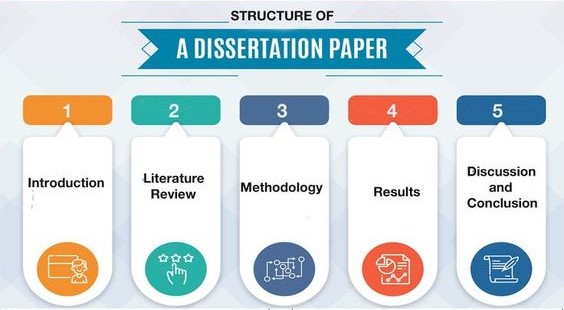
Nursing dissertation structure writing is a demanding yet rewarding endeavor that allows students to explore their chosen topic in depth, contribute to the body of knowledge, and develop their research skills. By following the guidelines presented in this article, you can embark on the journey of nursing dissertation structure writing with confidence, effectively communicating your research findings and achieving academic success.
Remember that structure is not a rigid constraint but a framework for clarity, coherence, and impact. Through thoughtful planning, meticulous drafting, and a commitment to excellence, students can produce a dissertation that reflects their intellectual prowess and passion for the nursing profession.
Get Professional Nursing Dissertation Writing Service
At Nursing Papers, we offer professional dissertation writing services for Masters and Doctoral nursing courses. Our experienced writers can help you to craft an authentic and customized structure for a compelling nursing dissertation. We also provide custom writing services for nursing essays, case studies and research papers.



